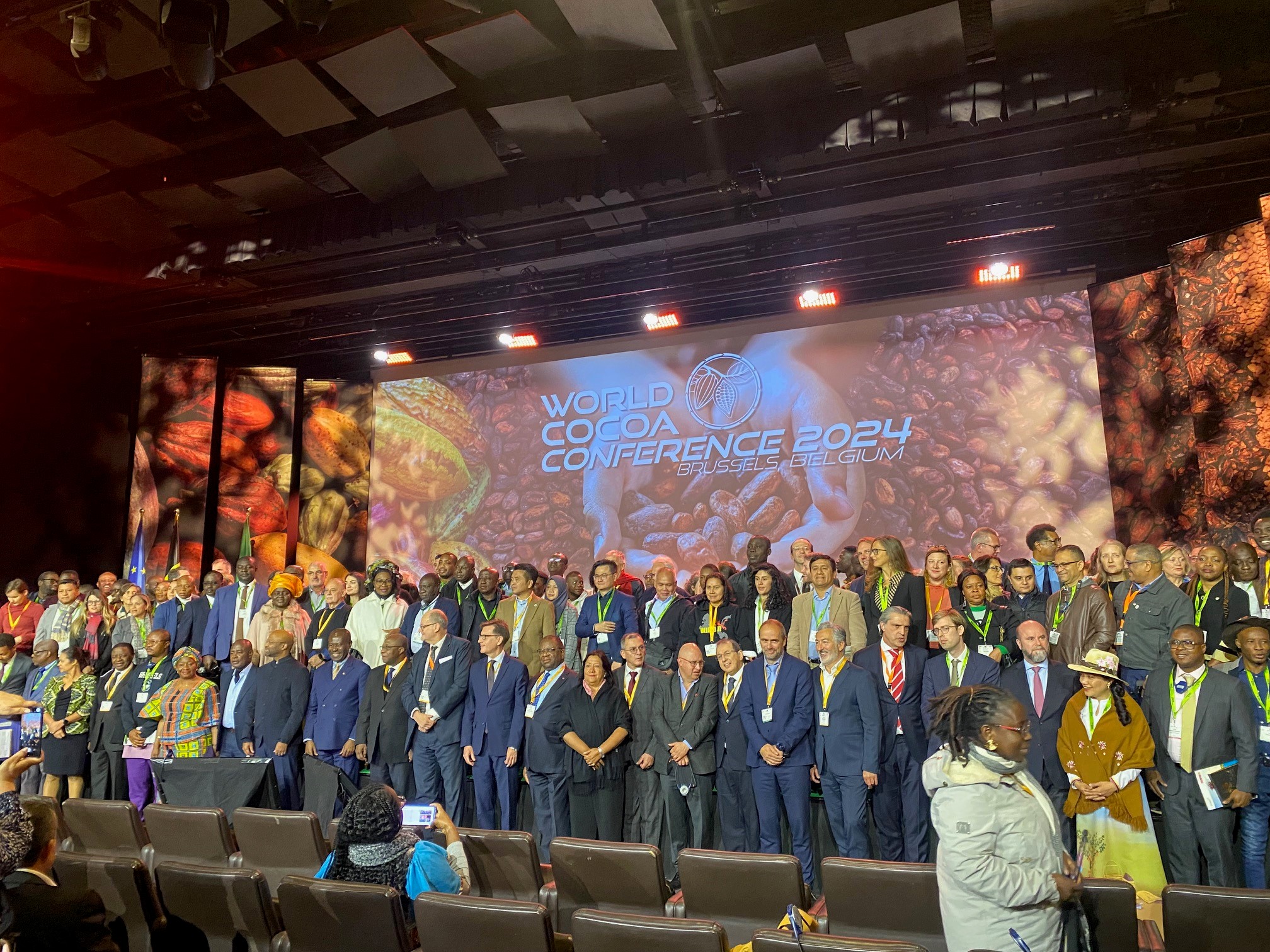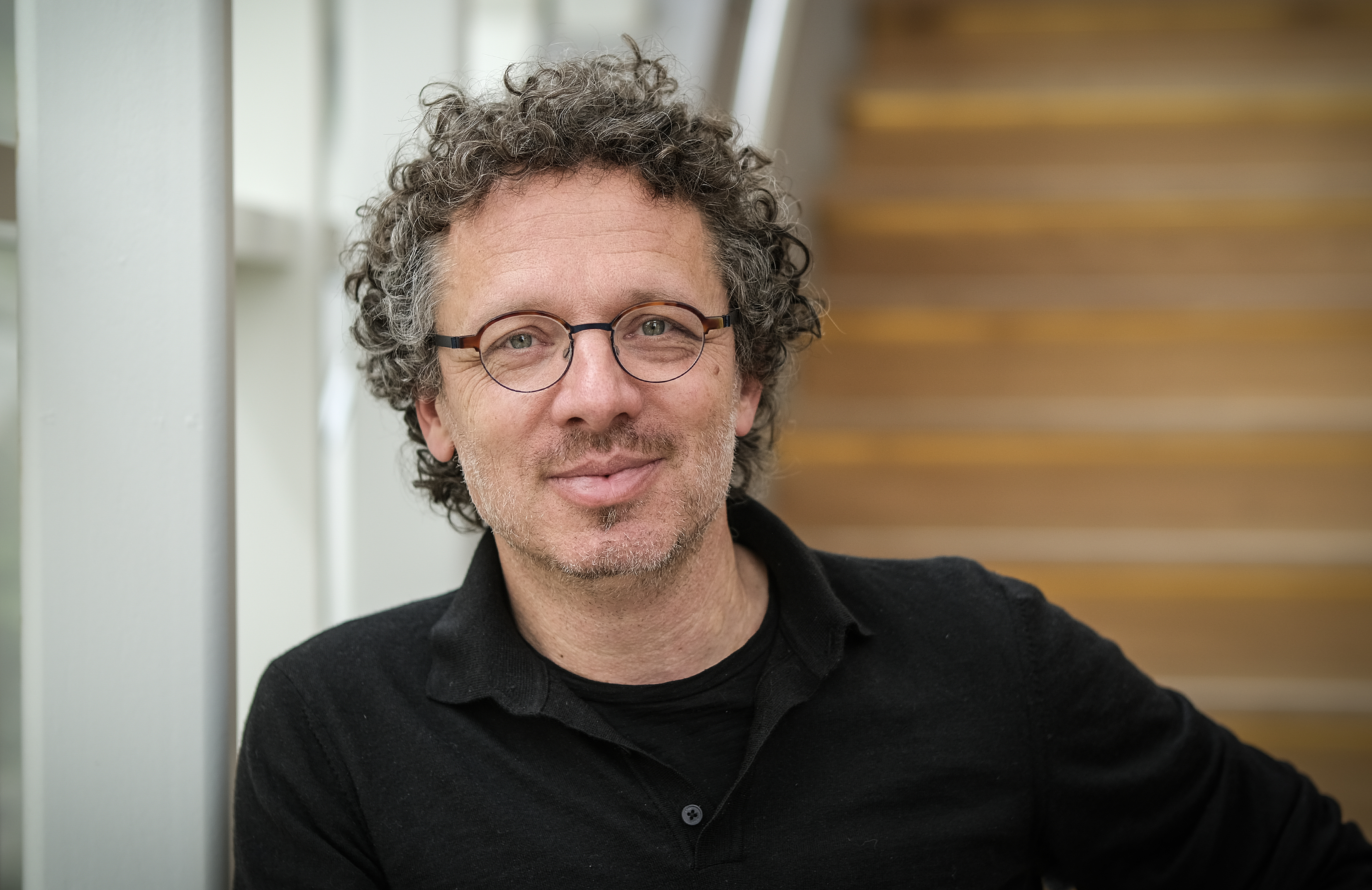Honorary laureate Amitav Ghosh on climate catostrophy
Something great is happening; perhaps humanity’s greatest story. And yet nobody seems capable of telling it in such a way as to capture people’s attention. The canvas is too vast, the protagonist too distant. The science on climate change is in – has been for quite some time – and still, little has changed. In The Great Derangement: Climate Change and the Unthinkable, Amitav Ghosh explores our collective failure to address the elephant in the room.
“The more I read about it, the more urgent the matter seems. Nothing is more urgent! The fallout is already devastating and it is occurring much faster than scientists predicted.” While researching his novel The Hungry Tide, Ghosh visited the Sundarbans, the world's largest coastal mangrove forest. “You can clearly see the effects of sea-level rise and saltwater intrusion. It made me think more systematically about climate change.”
In The Great Derangement, the author shines a light on the issue through the prisms of literature, history and politics. He looks at the role of colonialism in deferring industrialisation in the Global South by suppressing technological progress. He exposes the folly of the modern megalopolis built directly on the seaboard: sitting ducks, trapping millions of sitting ducks. And he criticises the nation state as inimical to global solutions, comparing the uninspiring wording of the Paris Climate Accord unfavourably to Pope Francis’s encyclical on ecology, Laudato si’.
True but not plausible
As a young man in India, Ghosh was caught in the eye of a tornado that nobody saw coming. He tried to turn the experience into a plot point, but eventually gave up, real life being too far-fetched for a novel. Literature’s struggle to address climate change is emblematic of a more general imaginative and cultural failure. We make sense of the world through narratives driven by cause and effect and by human agency. An orderly, mechanistic nature ought not sucker-punch us.
Literature’s progression from the epic, a form that can carry ‘the tale of the tribe’, to the realism of the 19th century novel reflected a shift towards individual psychology. Scientific rationalism meant nature was something to be understood, predicted and manipulated. Although the power of sublime nature briefly flared up again during Romanticism, the novel has, Ghosh argues, become ill-equipped to deal with and give a voice to the unforeseen, the extraordinary, the non-human.
Non-human voices
“The strict distinction between humans and nature is a way of distancing ourselves from the world around us. We need to find ways to resituate ourselves within the world.” It would be easy to dismiss the ascription of consciousness to nature as anthropomorphising, but as Ghosh points out, trees have been demonstrated to communicate with each other. “It’s not that radical to wonder whether an ecosystem like a forest has some form of agency.”
Prior to the Dies Natalis, Ghosh gave a lecture on this notion of the non-human, and how writers can give it a voice. “Pre-modern texts of every kind contain non-human voices or agents. Humans have always been aware of this, but that awareness has been suppressed.” This fits the broader discourse that denies the fragility and precariousness of our existence. Climate change is a stark reminder of that, and yet we struggle to process it – and to respond accordingly.
Whistling in the dark
“The Netherlands is probably the country that is best prepared to protect its citizens from the effects of climate change, but it certainly isn’t doing much to prevent it”, Ghosh says. He is critical of the solipsistic nature of the discourse on climate change – “basically Westerners writing for Westerners” – as well as the hypocrisy of Europe vaunting its reduction in carbon emissions: “Almost all of that has been achieved by outsourcing production to China.”
Ghosh highlights the changed geopolitical and demographical realities that ought to inform the debate. “Any conversation about climate change that doesn’t focus on Asia is just whistling in the dark.” Simply put: there are just a lot more people in the Global South than in the North. If they all achieved the same level of the après moi la deluge consumerism that has been preached by the US and Europe, it would be humanity’s farewell feast.
Simplistic solutions
The idea of consuming our way out of a problem driven by consumerism is hardly convincing either. “You have those well-meaning Americans with a childlike optimism and faith in technology, saying we can solve climate change this way or that way, but look at a Tesla: nothing in that car aims at cutting down on energy use. Even the doors open automatically.” The dogmatic status of consumerism is, in Ghosh’s view, part of the problem.
“My children don’t have the same expectations we’ve had. They simplify their lives, try to live more sustainably.” But, he adds, the younger, more self-aware generation are helpless without their smartphones. “It’s as though everything we do compounds these tendencies. It’s not easy to make a difference.”
By: Florian Raith

Amitav Ghosh (62) was born in Calcutta, studied in Delhi and earned his PhD in social anthropology at the University of Oxford. He is an award-winning novelist whose writings are informed by global history, literature studies, politics and climate change.
Ghosh will be presented with an honorary doctorate from Maastricht University during the 43rd Dies Natalis on 25 January. He will give a lecture titled Can the non-human speak? on 23 January.
More about Amitav Ghosh's lecture titled Can the non-human speak? on 24 January.
Also read
-
Moving on your own to a new country with a different culture and language and without a support network can be challenging. Master's student Beverlianne Green therefore quickly realised she wanted to get involved with the local community. Through the Personal & Professional Development Portal of...
-
Fair and Smart Data (FSD) researcher Niklas Mensing attended the World Cocoa Conference in Brussels this year. In his blog, he shares personal learnings and thoughts from the conference proceedings and highlights some of the industry's core issues.
-
Drawing blood, inserting an IV, or looking into the ear; even seemingly simple medical procedures can cause anxiety, pain, and stress in children. According to pediatric intensivist Piet Leroy, comfort and trust are just as important as the medical treatment itself. Therefore, he is researching how...

